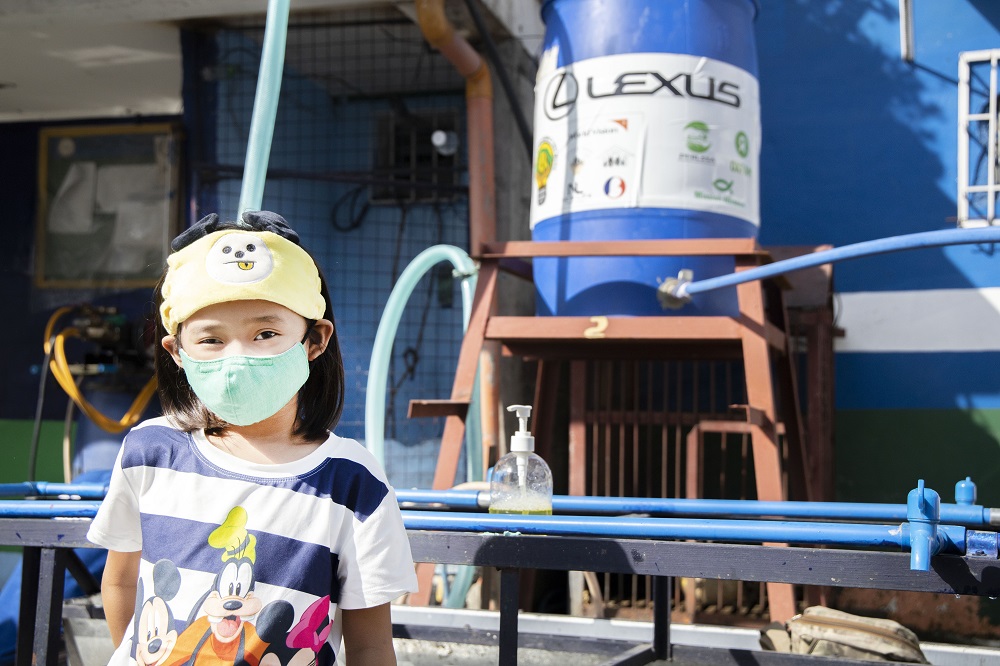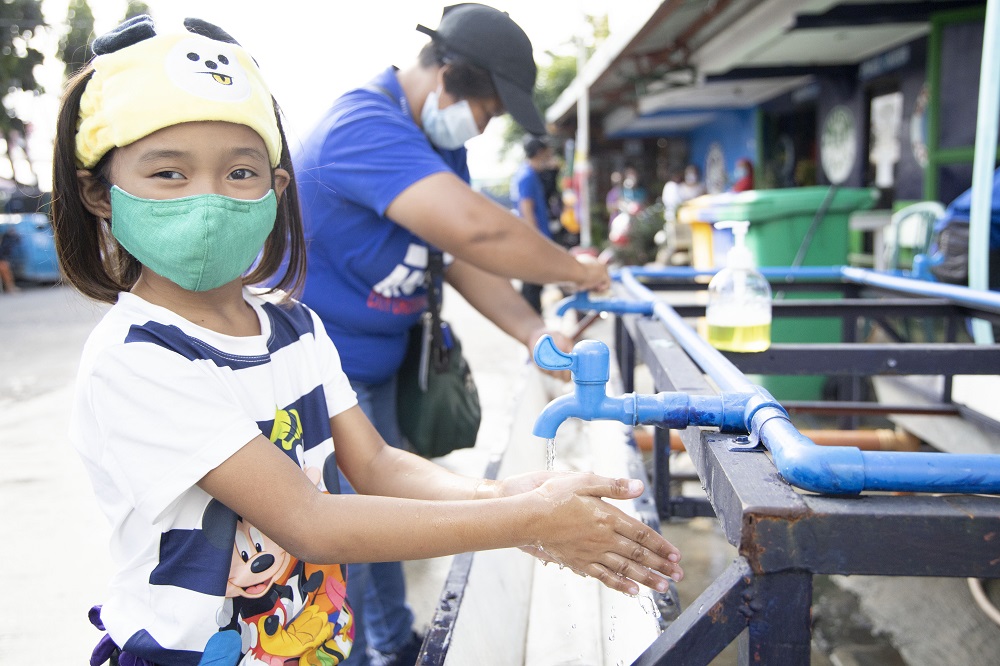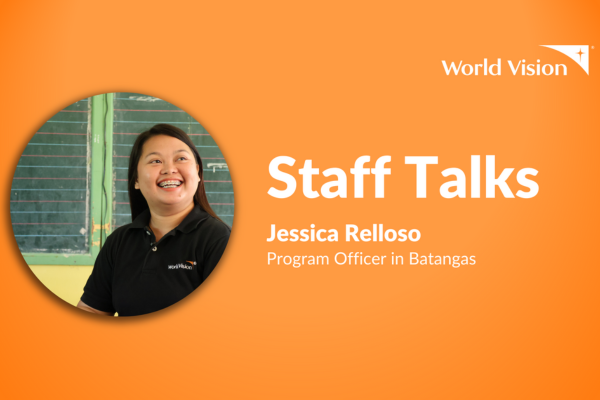Child reminds other children to wash hands always
Though the government has started to ease COVID-19 community restrictions, the coronavirus can still potentially affect a lot of people, especially children, if simple hygienic tasks such as hand washing and use of masks are neglected.

Nine-year-old Jovilyn know this very well. She lives in a highly urbanized town in Manila that recorded more than 27,000 COVID-19 confirmed cases as of February 2021.
Jovilyn has simple advice to other children: “It is important that we still wash our hands, wear masks, and, if possible, children must not go out in public unless for health or emergency reasons.”
Learning from her mother, Marissa, 45, a government worker, Jovilyn practices handwashing constantly. When asked when should children wash their hands, Jovilyn wittingly replies, “After touching dirty surfaces or objects, after touching money or coins, before and after eating, after using the toilet, after handling garbage or pets, after coughing or sneezing.”
She adds that washing hands should not just simply dipping one’s hand in water. “We should wash our hands thoroughly. My mother says there are lots of viruses and bacteria on our hand. So, children must wash hands with a clean running water for some seconds. She told me to sing Happy Birthday twice. Use soap to wash away the dirt. Then dry your hands with a tissue or clean towel.”

Marissa, who has been watching Jovilyn demonstrate proper handwashing, smiles at her chatty daughter. “Washing hands has many benefits. It can kill not only coronavirus but also other viruses or bacteria that may cause other illnesses like diarrhea,” Marissa explains to Jovilyn.
Jovilyn’s community recently became a recipient of 10 portable handwashing facilities. The project is a collaborative effort among car company Lexus, BASECO Inter-Agency Network of which World Vision is a member, Partnership of Philippine Support Agencies Inc (PHILSSA), Oxfam, and Mission Alliance.
The handwashing facilities are currently stationed near schools, public market, health centers, and village hall which have either no or lacking in handwashing facilities due to poor water connection. The Fire Station currently supplies water to the handwashing facilities so people can use the faucets.
“These handwashing facilities make it easier for us to wash our hands. I, for instance, used to wash my hands only when I get back home because we have limited faucets. This is an urban town where lots of people are using a single faucet. But now, I can wash my hands anytime I want,” Marissa says.








